Is Protein Powder Safe and Healthy for Kids?
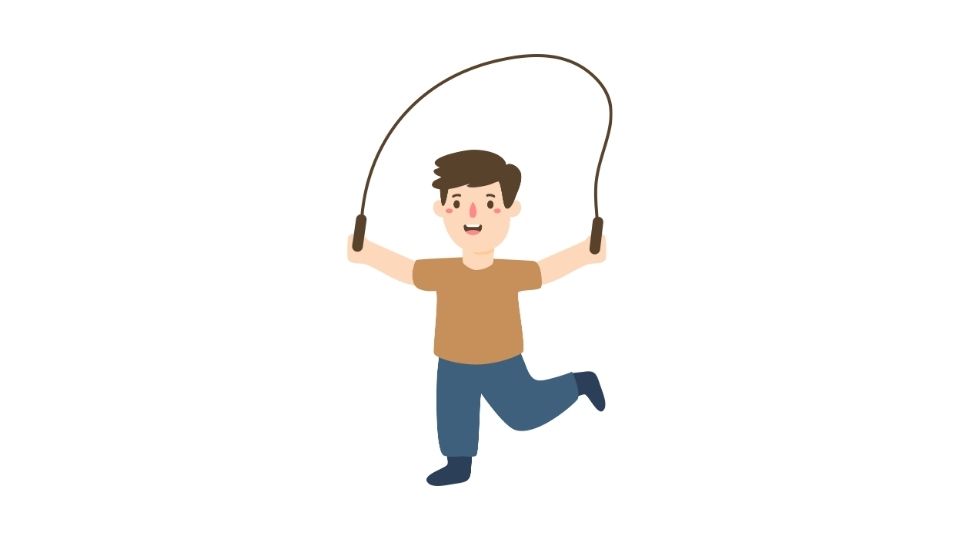
Ever wonder if your kid needs protein powder?
Protein powder – it’s not just for jacked gym bros anymore. Walk into any supplement store and you’ll see colorful containers marketed for teens, athletes, and sometimes even kids.
But does your 10-year-old really need to be pounding protein shakes after soccer practice?
Before you start mixing chocolate whey protein into your kid’s dinosaur sippy cup, let’s break down what the science actually says about kids and protein supplements.
Spoiler alert: Most kids get plenty of protein from regular food. But there are some situations where a scoop might help.
Let’s dive in with a healthy dose of facts and my opinion sprinkled on top.
Should Your Kid Be Drinking Protein Shakes?
Why most kids don’t need protein powder
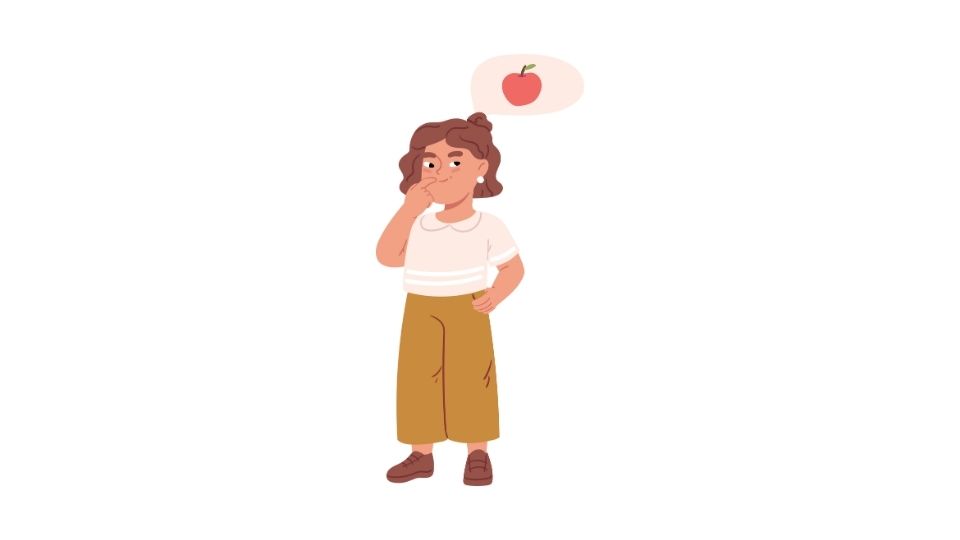
Look, I get it. We all want our kids to be healthy, strong, and have every advantage. But here’s the reality: most children already get more than enough protein through their regular diet.
A peanut butter sandwich? That’s protein.
Chicken nuggets? Protein.
Glass of milk? You guessed it – protein.
The average kid needs about:
- Ages 1-3: 13 grams daily
- Ages 4-13: 19-34 grams daily
- Teenagers: 46-52 grams daily
For reference, a single egg has about 6 grams of protein. A cup of milk has 8 grams. A small chicken breast has around 25 grams.
Do the math – unless your kid eats literally nothing but Skittles, they’re probably hitting their protein targets without breaking a sweat.
Dr. Natalie Muth, a pediatrician and registered dietitian, confirms that most kids get plenty of protein from their regular diet. Even picky eaters usually get enough!
When protein powder might actually help kids
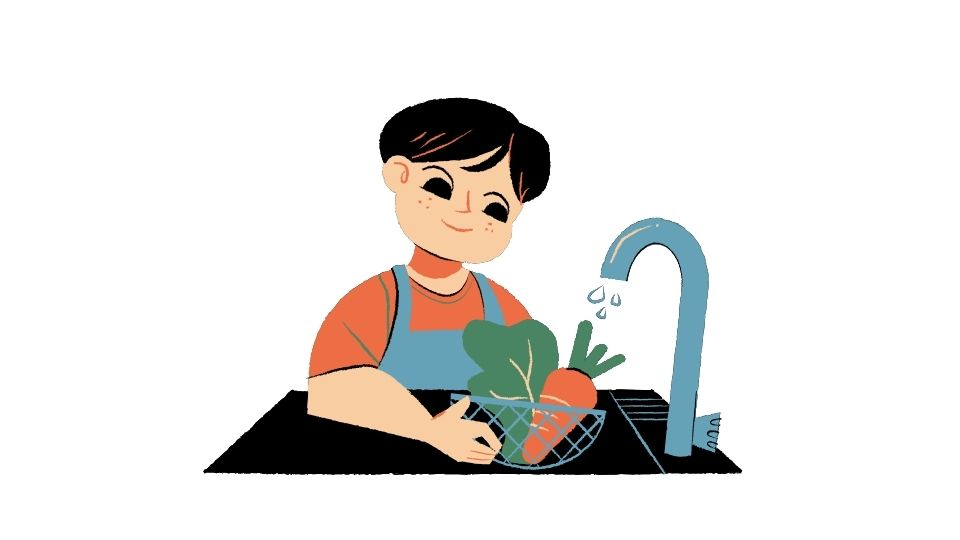
There are legitimate situations where protein supplements might be useful for children:
- Kids who are seriously underweight and struggling to gain
- Children with certain medical conditions that affect nutrient absorption
- Kids following strict vegetarian or vegan diets who might need help hitting protein targets
- Children undergoing cancer treatment or recovering from serious illness
- Elite young athletes in intense training (but even then, food first!)
In these specific scenarios, a scoop of protein powder might help fill nutritional gaps. But – and this is a big but – this should happen under a pediatrician or dietitian’s guidance, not because a supplement store employee recommended it.
The potential risks of protein powders for kids
Before you start shopping for protein powders, consider these legitimate concerns:
Digestive issues – Many kids get bloating, gas, or diarrhea from whey protein, especially if they’re lactose intolerant.
Weight gain – Protein powders add calories. If those calories aren’t burned, they’re stored as fat. Many protein powders also pack a ton of sugar.
Kidney strain – High protein intake increases your kidneys’ workload. While healthy kidneys can handle this, excessive protein could be problematic for some kids.
Nutrient imbalance – When kids fill up on protein shakes, they might eat less real food, missing out on fiber, vitamins, and minerals.
Contamination risks – Here’s the scary part: the FDA doesn’t regulate supplements the same way as food. Multiple studies have found concerning contaminants in protein powders, including heavy metals like lead, arsenic, and cadmium.
Dr. Catherine Moffitt of the Canadian Paediatric Society states that “protein supplements are generally unnecessary and potentially risky for children and teens without specific medical indications.”
Whole foods > protein powder (every time)
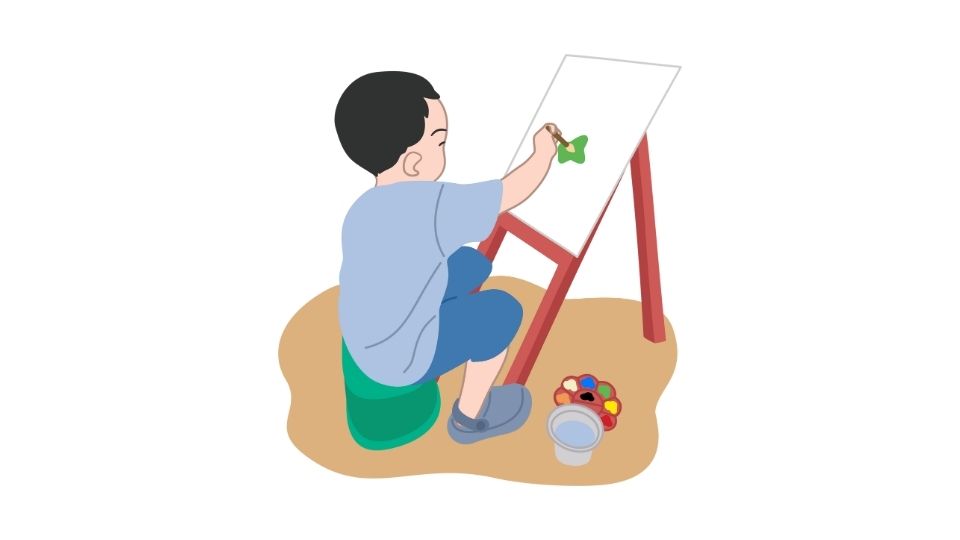
If your goal is raising a healthy kid, real food beats supplements hands down. Here’s why:
- Whole foods provide a complete nutritional package – protein plus fiber, vitamins, minerals, and phytonutrients
- Real food helps kids develop healthy eating habits and preferences
- Whole foods tend to be more filling and satisfying
- Food doesn’t come with the contamination risks of supplements
A kid who learns to fuel their body with real food is developing lifelong healthy habits. A kid who learns to rely on supplements? Not so much.
Research shows that teaching kids to eat balanced meals with varied protein sources has better long-term health outcomes than supplement use.
What to do if you think your kid needs more protein
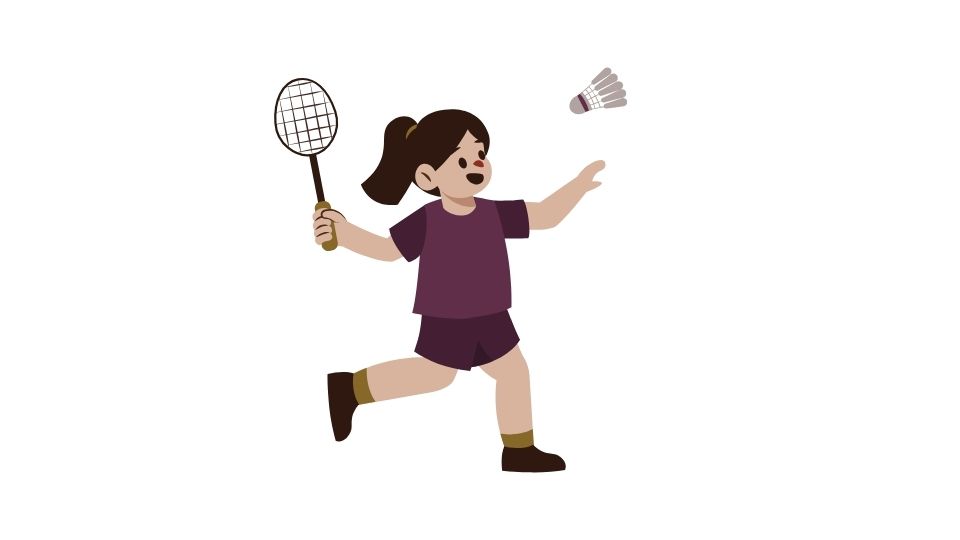
Talk to your pediatrician first – Don’t just start giving supplements. Get professional guidance.
Focus on food first – Try adding more protein-rich foods: yogurt, eggs, nut butters, beans, lentils, lean meats, milk.
If supplements are necessary, choose carefully:
- Look for third-party testing (NSF Certified for Sport or USP Verified)
- Minimal ingredients
- Low or no added sugar
- Appropriate serving size for kids (not adult-sized portions)
Stay hydrated – Higher protein intake requires more water to process properly.
The bottom line
For the vast majority of kids, protein powder is a solution looking for a problem.
Most children get plenty of protein from their regular diet, and whole foods provide nutrients that powders can’t match.
If your child has specific medical needs or dietary restrictions, protein supplements might occasionally be helpful – but only with medical supervision.
And if your kid is an aspiring athlete? Focus on overall nutrition, proper training, adequate rest, and hydration before even thinking about supplements. The American Academy of Pediatrics emphasizes this approach over supplementation.
The best thing you can do is teach your kids to fuel their bodies with real, nutrient-dense foods – a lesson that will serve them well throughout their entire lives.
Remember: For kids, the protein in a turkey sandwich and glass of milk is just as effective at building muscle as any fancy powder – and comes with a whole lot more nutritional benefits and a whole lot fewer risks.

